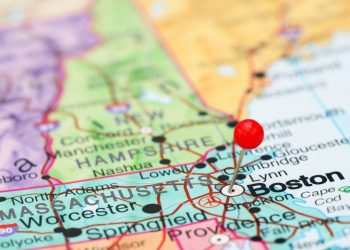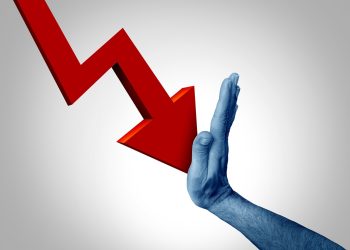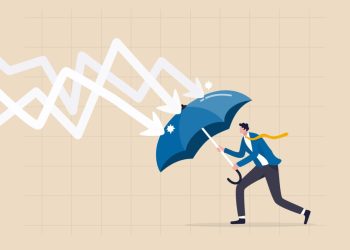 RISMEDIA, April 26, 2010—(MCT)—With recent economic trends of higher consumer spending and healthier stock markets, many Americans are pointing to evidence that we are out of the recession. Looking back, the recession did change some people’s financial habits, but the resurgence in the economy unfortunately means most people are returning to their old ways of saving and spending, which aren’t always wise.
RISMEDIA, April 26, 2010—(MCT)—With recent economic trends of higher consumer spending and healthier stock markets, many Americans are pointing to evidence that we are out of the recession. Looking back, the recession did change some people’s financial habits, but the resurgence in the economy unfortunately means most people are returning to their old ways of saving and spending, which aren’t always wise.
With the stock market higher, more people are returning to investing. That’s good news to the market but not to personal returns. Many people rejected investments during the recession, which created the best investment opportunity in many of our lifetimes. Investing now that the market is higher only means the returns will be smaller as there is less room to grow.
The same thing with spending is resulting. We may be spending more, however prices are not as low as they once were in many cases. Stores have stopped discounting heavily because shoppers are returning.
Still, the recession has changed some of our habits. Many of us are now valuing frugality as a permanent part of life versus just resorting to at times. Like in the 1930s, Americans became scared after all the suffering and were permanently changed to keep as much as they can for fear they will lose it again.
The ones who remain frugal are the minority, according to market research firm Decitica. It found 20% of Americans remain frugal after a recession. Meanwhile, 30% return to their previous spending levels. The other half don’t change at all, either because they can’t (they don’t have enough money) or they don’t need to (they have enough much money).
This research indicates that most Americans don’t change much after a recession and are likely to end up where they once were. In other words, many of us don’t plan for recessions; we just ride along with them.
Putting together a recession plan is a neglected strategy in financial planning. Budgeting and coming up with a plan of action when money is tight is a valuable practice to get in the habit of doing. This would include building and maintaining an emergency fund to cover expenses during a financial disaster such as a job loss. Another wise move would be to have saved money for purchases when the stock market and prices go down. A good financial planner will present these different scenarios to help draw up a disaster plan.
With what many Americans have just gone through, knowing what to plan for is a lot easier.
(c) 2010, McClatchy-Tribune Information Services.









